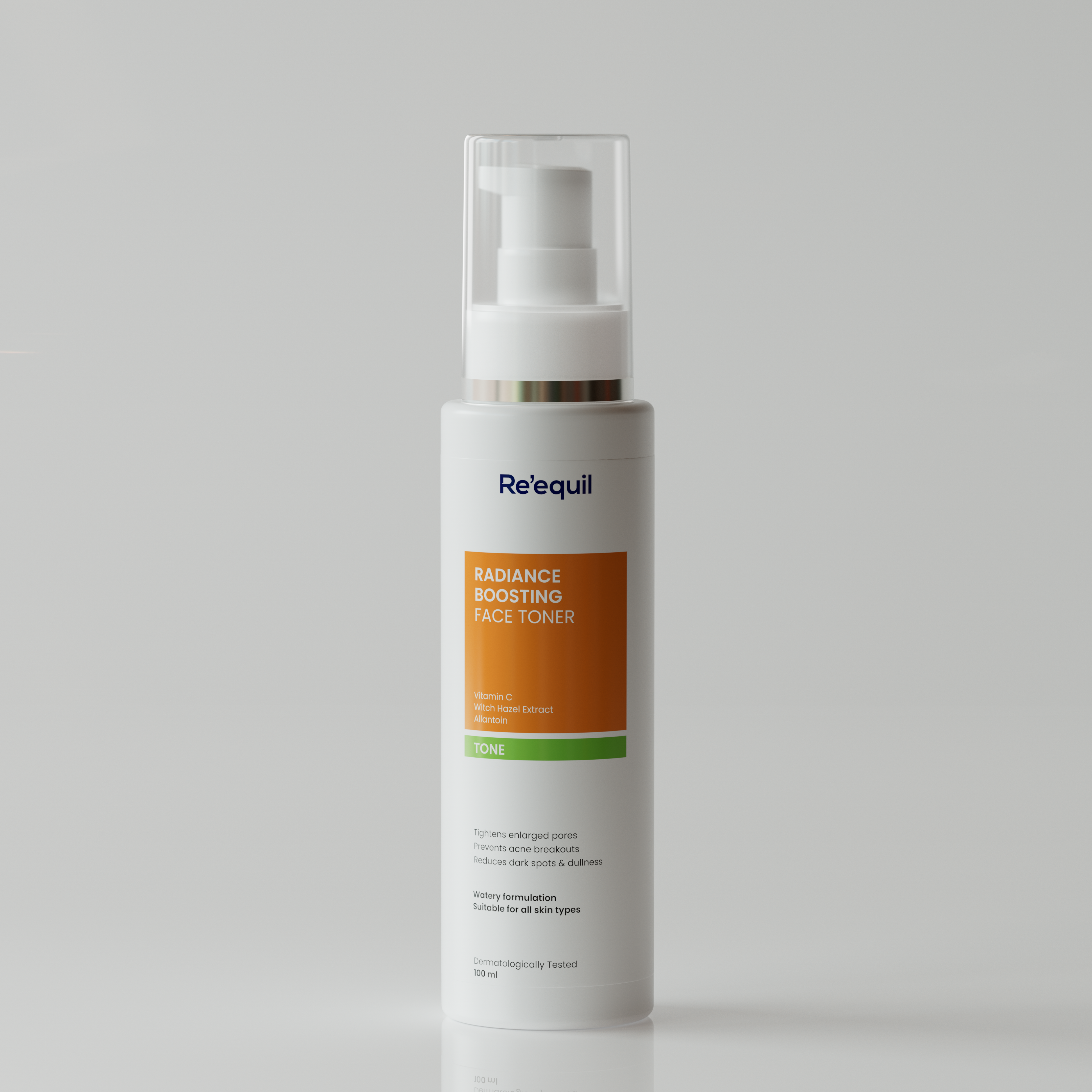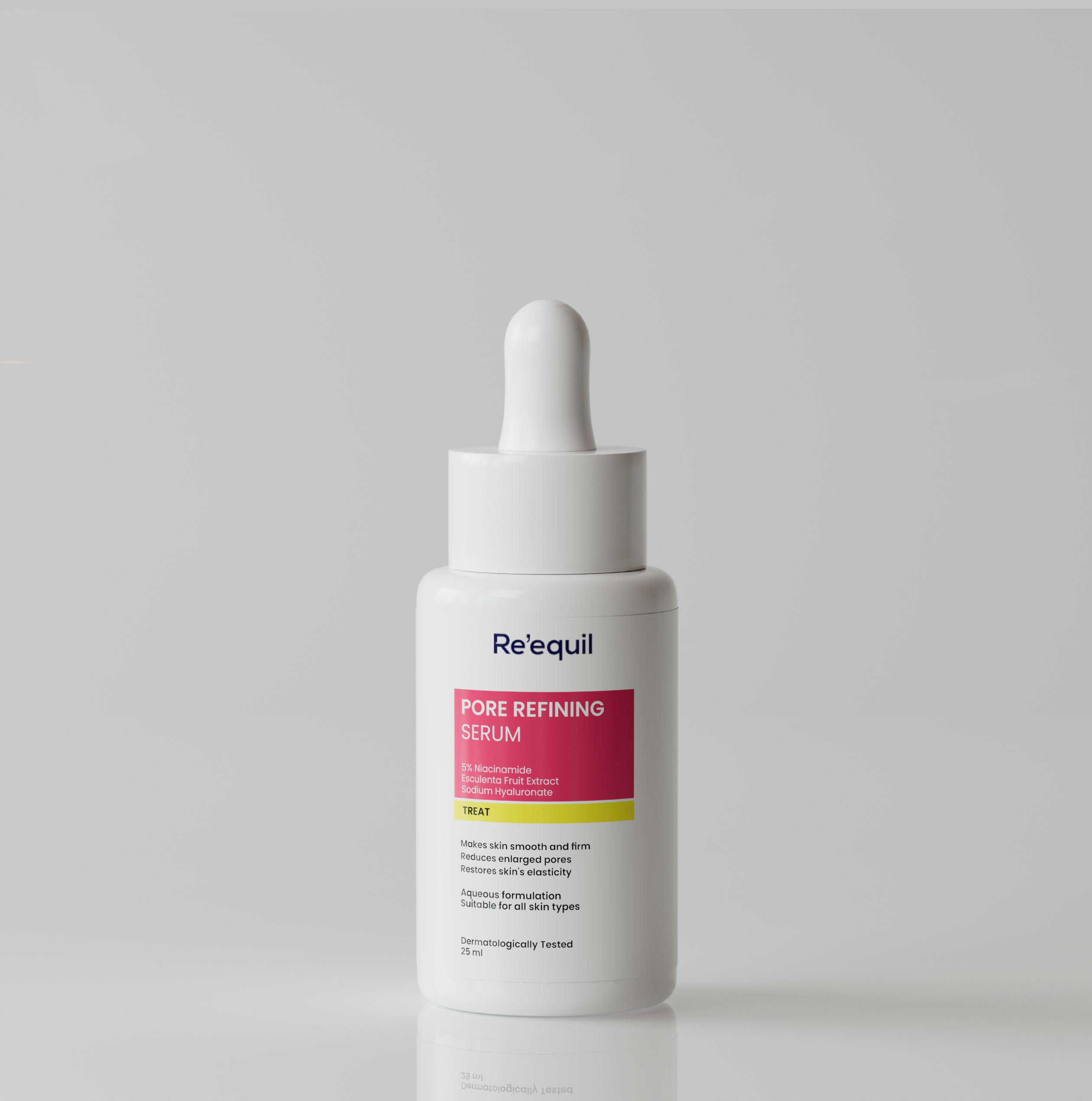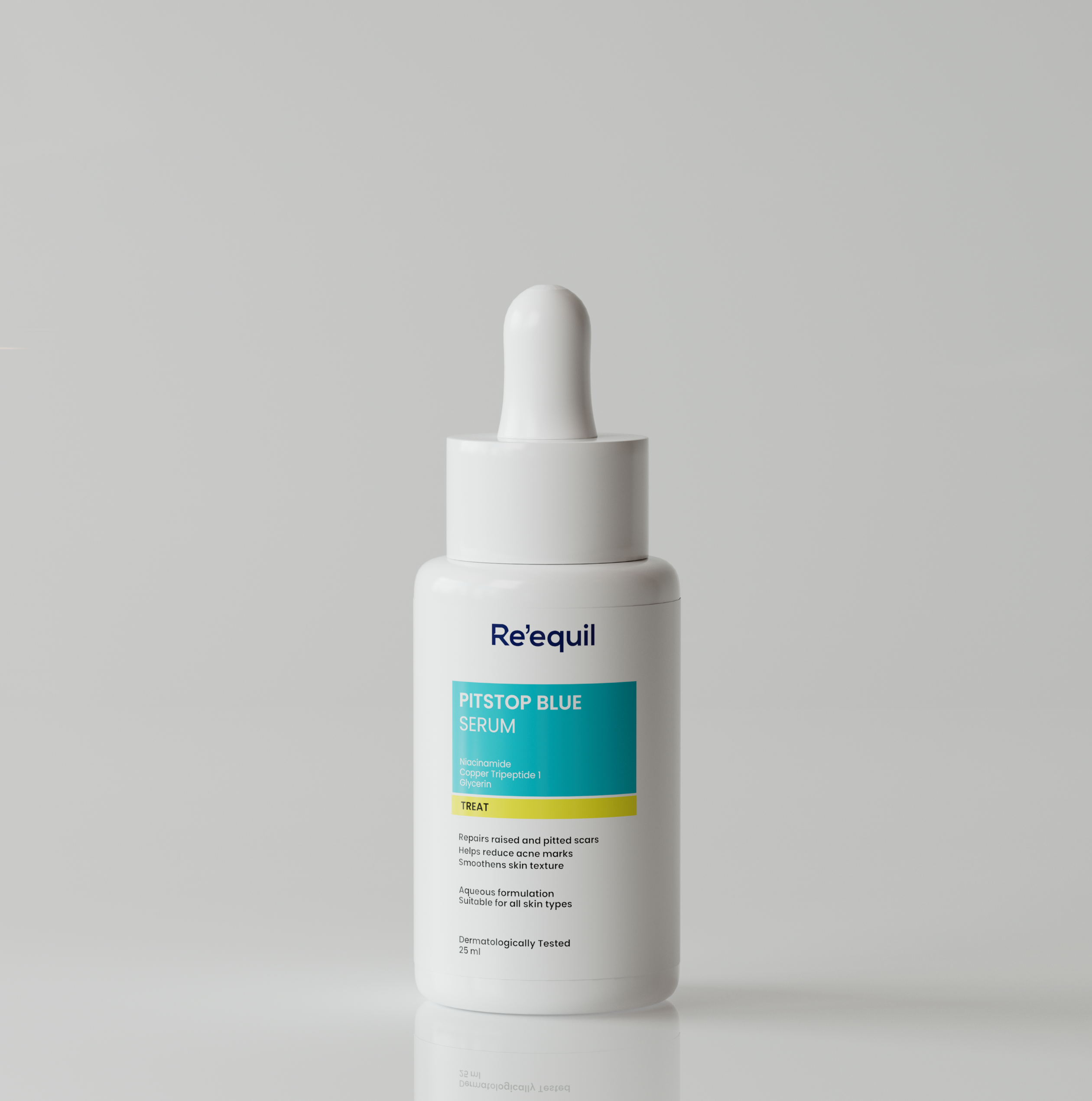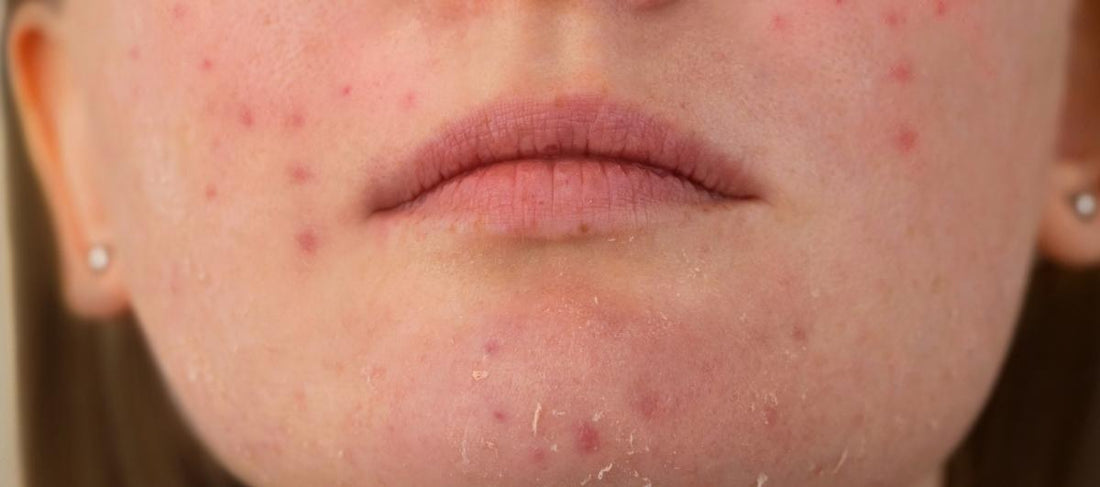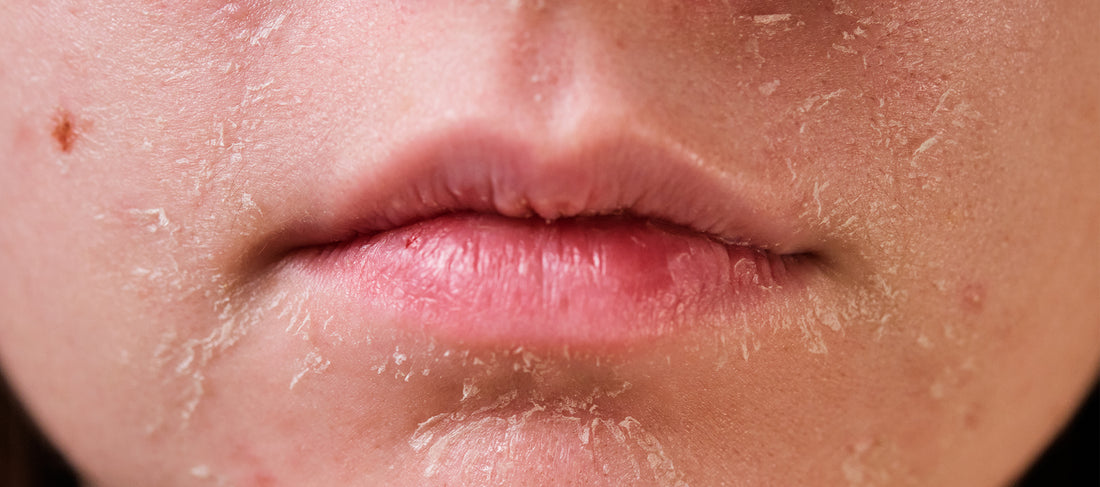Dry and dehydrated skin—two different terms—are often thought of as the same. But, how can you really differentiate between the two? Both are rough to touch, feel itchy, and dull at sight.
And you know what this misconception typically results in? Wrong selection of skincare products—basically running the risk of making the skin condition worse rather than better.
But don’t worry, we will help you out. Ahead we’ll explain the actual difference between dry and dehydrated skin.
What is dry skin?
The word ‘dry’ is used to define a skin type that produces less sebum than normal skin.
Due to the lack of sebum production, dry skin naturally lacks a strong lipid barrier.
Lipids are present in several layers of our skin—including the epidermis—where their primary job is to act as a protective barrier and prevent the absorption of environmental pollutants such as impurities and dirt.
Lipids also prevent sun damage and promote moisture retention.
And since dry skin has a weaker lipid barrier, the skin lacks hydration—and can appear dull or even flaky at times—depending on the severity of dryness.
Confused about whether you have dry skin? Here are some signs -
People with dry skin have:
- Almost impalpable pores
- Dull, flaky and rough skin complexion
- Occasional red patches
Here is a small test you can do to confirm whether you have dry skin.
Wash your face with a gentle cleanser. Do not apply any skincare product. After an hour, take a clean tissue and blot your t-zone (forehead and nose) and u-zone (cheeks and chin).
If none of the tissues have oil stains on them—and if on top of that—your skin feels dry, rough and flaky—you have dry skin.
What is dehydrated skin?
Dehydrated skin is a condition caused by less dietary water intake.
It is a temporary state which can be easily resolved by maintaining proper hydration levels in the body.
See it this way: dehydration usually happens when our body is unable to find essential fluids to perform all its functions.
Because of this, the body channels its remaining fluids—which include water—to the organs in order to support necessary processes, leaving the skin with less water.
But, less water intake is not the only cause of dehydrated skin, it may also result from:
- Sunburn
- Fever
- Excessive sweating
- Weather
- Hot showers
- Lack of sleep
What does dehydrated skin look like?
Dehydrated skin looks dry and rough and has a dull or uneven complexion.
Here are 4 signs your skin is lacking water, thus dehydrated:
Your skin looks dull and lacks its natural glow.
Dullness is the common cause of dehydrated skin. In this condition, the skin lacks natural moisture and appears tired and sunken.
Your skin appears dry—irrespective of your skin type.
All skin types can be susceptible to dehydrated skin. In this condition, the skin lacks moisture due to less water intake. Dehydrated skin, therefore, can even affect an individual with oily skin; however, those with combination and dry skin are more likely to experience it.
Your skin feels itchy and scaly.
Itching, scaliness, and roughness are the most common causes of dehydrated skin. Especially, the area near your eyes, nose, and mouth is more likely to feel itchy and tight.
Fine lines on your face are now more noticeable.
Dehydrated skin can hasten the appearance of fine lines.
But wait—lines that you think have become prominent lately—could also be dehydrated lines. Lifestyle choices including drinking excessive amounts of alcohol and drinking less water can dehydrate the skin, resulting in dull complexion and producing wrinkle-like lines.
Dry vs dehydrated skin, what’s the actual difference?
The terms dry and dehydrated skin are often used interchangeably, however, they are largely different. Here are two ways you can differentiate between them both.
Dry skin lacks natural oil (sebum), whereas dehydrated skin lacks water.
The sebaceous glands attached to follicles in our skin produce sebum, an oily substance that protects your skin from drying out. In dry skin, naturally, the sebaceous glands produce less sebum and are unable to moisturise the skin—leaving the skin rough and tight.
On the other hand, dehydrated skin is caused by less water intake. A body becomes dehydrated when an individual uses or loses more water than they take in.
Dry skin is a skin type and is non-treatable. Dehydrated skin, on the other hand, is a temporary skin condition that can be cured easily.
Dry skin is a permanent condition that can be managed with the right skincare products—but not cured. It is identified by tightness and roughness on the skin due to abnormality in the skin barrier.
Whereas, dehydrated skin is categorised by occasional tightness and dryness on the face due to insufficient water level in the body. By drinking adequate water and applying skincare products containing hydrating ingredients—you can find a cure for dehydrated skin.
How do I know if my skin is dehydrated?
A pinch test is the easiest way to determine whether you have dehydrated skin.
Pinch the skin on the back of your hand, this is to test the skin’s elasticity. If your skin is taking time to return to its normal state—you have dehydrated skin.
Moreover, if your natural skin type is oily and combination, but still your skin feels rough and tight, your skin may be lacking water and is dehydrated.









